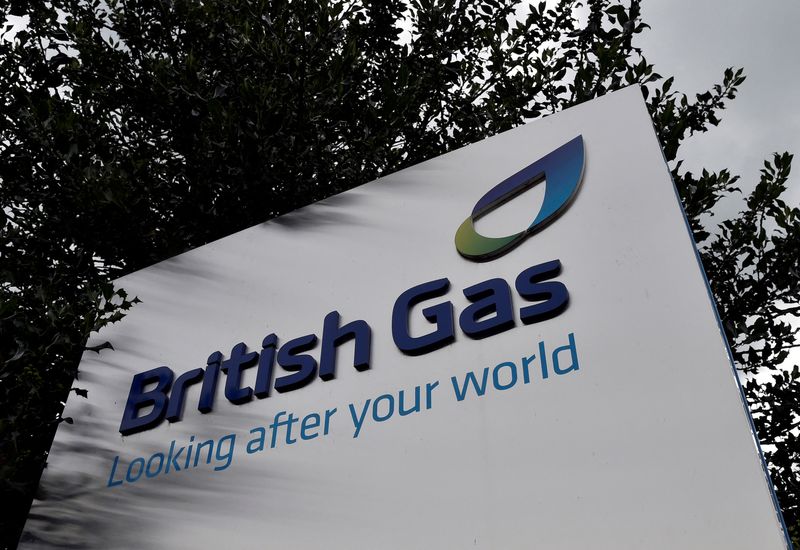Gold prices set for weekly gains on dovish Fed outlook; silver near record high
By Nora Buli
(Reuters) -British energy firm Centrica (LON:CNA) said on Friday it had increased storage capacity at the UK's largest gas storage facility to 54 billion cubic feet (bcf) to help boost resilience next winter, warning gas markets remain volatile.
Closed in 2017, the Rough site was partially reopened last year, when it was able to store around 30 bcf of gas.
Rough, situated in the North Sea 18 miles (29 km) off the coast of East Yorkshire, will now be able to hold enough gas for six days of average demand and 3.5 days of peak winter demand.
The facility currently provides half of the UK's total gas storage, though UK storage capacity lags that of most other European countries, Centrica said.
"Rough can help our energy system by storing natural gas when there is a surplus and producing this gas when the country needs it during cold snaps and peak demand," Centrica CEO Chris O'Shea said.
By helping to balance Britain's gas market, the storage site will help keep prices down for consumers, he added.
British energy prices, which soared last year and have contributed to a cost-of-living crisis, are set to ease, with a new lower a cap on bills taking effect from Saturday.
While gas prices have come down since setting records last year, energy prices remain much higher than in the past and exposed to supply shocks, O'Shea warned in an interview with broadcaster BBC.
"I think that there's a danger that we get complacent because last winter was okay and because prices are quite stable now," he added.
Separately, Centrica called on the government to simplify energy bills and introduce a social tariff for those who need additional support to pay their bills.
Centrica's long-term ambition is to turn Rough into the largest long duration low carbon energy storage facility in the world, capable of storing both natural gas and hydrogen, it said.
However, any further storage capacity increases would require significant investments and some form of regulated return model, similar to that in place for the UK's gas interconnectors, it said.
Such a scheme would not require taxpayer money, according to Centrica.
